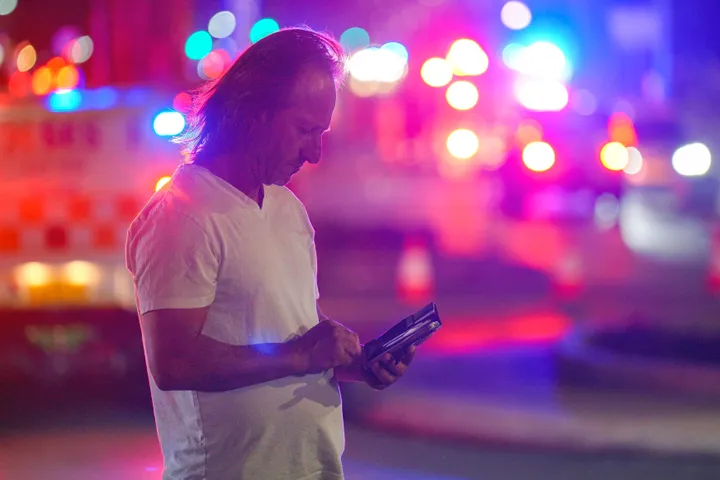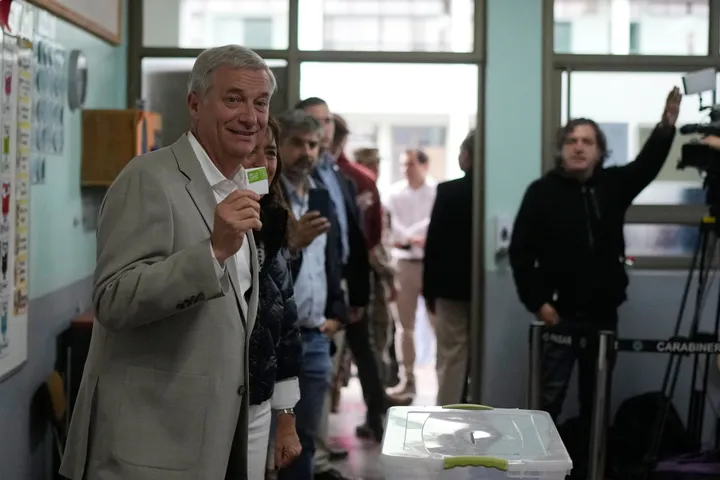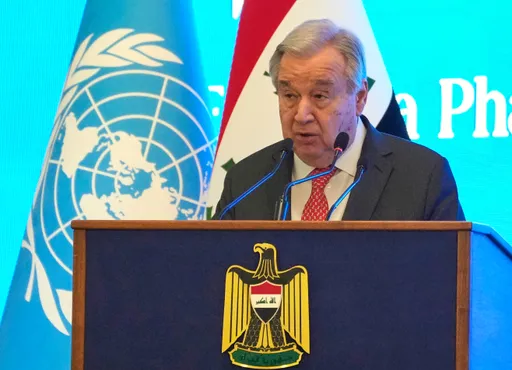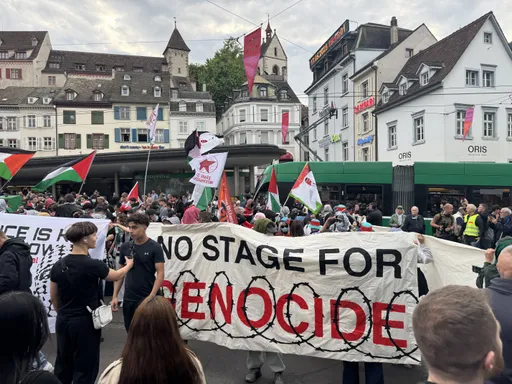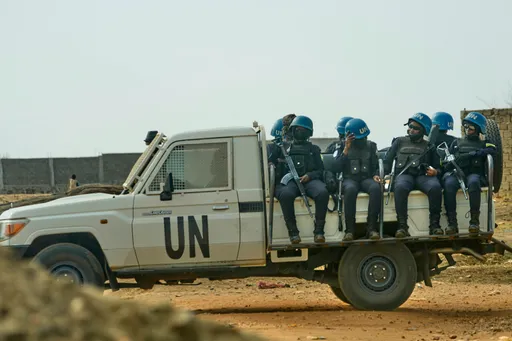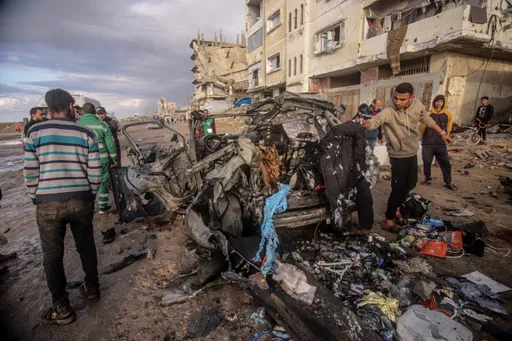At least 12 security forces and 77 insurgents have been killed as Rohingya and security forces clash in ongoing fighting at border posts in northern Rakhine State, Myanmar's authorities said Friday. It was the highest declared single day toll since sporadic fighting broke out last year.
Friday's clashes were concentrated around Rathedaung township, where there has been a heavy build up of Myanmar troops in recent weeks, with reports filtering out of killings by shadowy groups, army-blockaded villages and a renewed exodus of refugees heading towards neighbouring Bangladesh.
At least one fresh attack had taken place on Saturday, according to a Myanmar security source.
Some 30 police posts came under attack in the early hours of Friday by an estimated 150 insurgents, some carrying guns and using homemade explosives, Myanmar's military said.
"The military and police members are fighting back together against extremist Bengali terrorists," Commander-in-Chief Min Aung Hlaing said in a statement.
The term "Bengali" is used to imply that Myanmar's Rohingya are illegal immigrants from Bangladesh.
The attacks began hours after a commission led by former UN Secretary-General Kofi Annan recommended the government improve economic development and social justice in Rakhine state to resolve violence between Buddhists and the Rohingya Muslims.
The office of the country's de facto leader Aung San Suu Kyi said that the attacks were intended to coincide with the report.
About 1,000 Rohingya Muslims fleeing escalating violence in Myanmar had been halted at the border with Bangladesh, Bangladeshi security officials said on Saturday.
UN condemns the attack
The United Nations condemned the attacks and called on all sides in the crisis in the northern state of Rakhine to refrain from violence.
UN resident coordinator in Myanmar, Renata Lok-Dessallien, issued a statement urging "all parties to refrain from violence, protect civilians and restore order."
"We are deeply concerned about the security situation in Rakhine state," she added.
Annan's recommendations followed a one-year investigation of the Rohingya situation and advised the government on long-term solutions for the violence-riven, ethnically and religiously divided state.
Commissioned by Myanmar's own government, it urged the scrapping of restrictions of movement and citizenship imposed on the roughly one million-strong Rohingya community in Rakhine.
Annan said he was "gravely concerned" by the latest outbreak of fighting.
"The alleged scale and gravity of these attacks mark a worrying escalation of violence," he said.
New insurgency
Despite years of persecution, the Rohingya largely eschewed violence.
But a previously unknown militant group emerged as a force last October under the banner of the Arakan Rohingya Salvation Army (ARSA), which claims to be leading an insurgency based in the remote May Yu mountain range bordering Bangladesh.
A Twitter account (@ARSA_Official) which frequently posts purportedly from the group confirmed its fighters were engaging Myanmar's military in the area and accused the soldiers of carrying out atrocities in recent weeks.
Myanmar says the group is headed by Rohingya insurgents who were trained abroad but it is unclear how large the network is.
Suu Kyi's office posted pictures of weapons that had been taken from militants, mainly home-made bombs and rudimentary knives and clubs.
Friday's violence pushed more Rohingya to leave, with two boats containing around 150 women, children and elderly people attempting to cross the Naf river into Bangladesh.
But they were pushed back.
"They were scared. We felt pain to send them back," a Border Guard Bangladesh (BGB) officer said.
Ongoing conflict
The attacks mark an escalation in a conflict simmering in Rakhine since last October, when similar attacks that killed nine police prompted a military counter-offensive beset by allegations of killings, rape and arson.
The military operation then resulted in some 87,000 Rohingya fleeing to Bangladesh and the United Nations accused Myanmar's security forces of likely committing crimes against humanity.
The situation in the state deteriorated again early this month when security forces began a new "clearance operation" with tension shifting to the township of Rathetaung, where Buddhist Rakhine and Muslim Rohingya communities live side-by-side.
The army and Suu Kyi's civilian government deny allegations of widespread abuses, including rapes and murders.
Myanmar security forces have conducted sporadic operations to flush out suspected militants throughout this year, often resulting in casualties among Rohingya villagers.
They have spoken of their fear at being trapped in between security forces and the militants, who are accused of conducting a shadowy assassination campaign against perceived collaborators with the state.
The Rohingya are denied citizenship and classified as illegal immigrants from Bangladesh, despite having roots in the region that go back centuries, with communities marginalized and subject to communal violence.
The treatment of Myanmar's approximately 1.1 million Rohingya has emerged as the majority Buddhist country's most contentious human rights issue as it makes a transition to civilian governance after decades of military rule.

